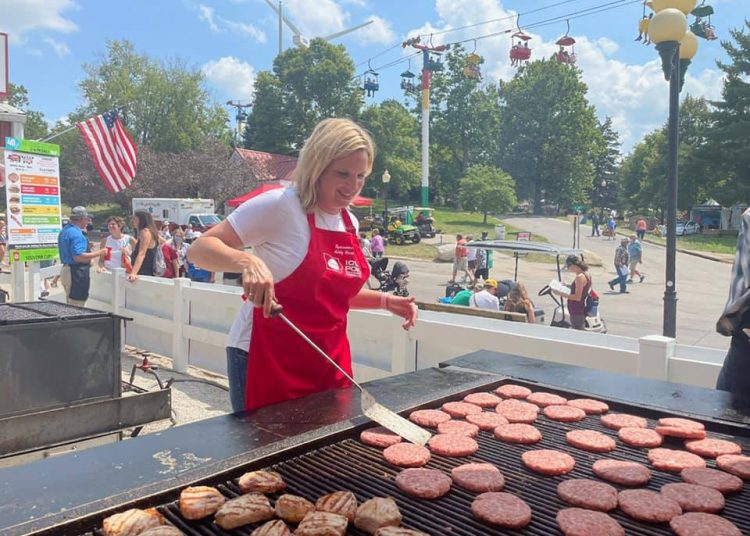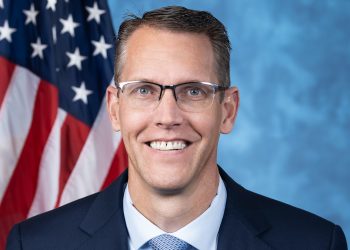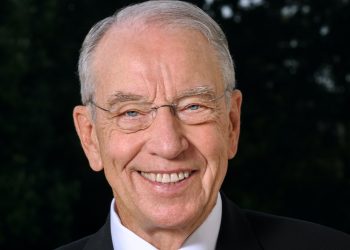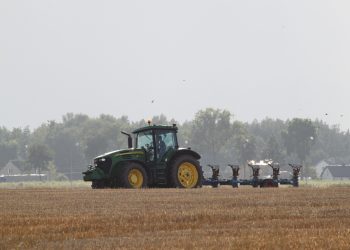WASHINGTON – U.S. Rep. Ashley Hinson, R-Iowa, introduced the Exposing Agricultural Trade Suppression (EATS) Act in the U.S. House of Representatives on Wednesday.
Recently, states like California are working to impose non-tariff barriers to interstate commerce through regulations that will hurt both producers and consumers. Hinson’s office says the EATS Act would alleviate what they say is unconstitutional overregulation by prohibiting state and local governments from interfering with the production of agricultural goods in other states that force farmers across America to concede to regulations set by other states. U.S. Senators Chuck Grassley, R-Iowa, and Joni Ernst, R-Iowa, recently introduced companion legislation in the Senate.
Hinson’s office says the Constitution’s Commerce Clause allows for domestically produced goods to reach consumers freely and empowers the individual to decide if they want to buy a product. With states like California imposing bans on agricultural products grown and raised in other states they are “overstepping into federal jurisdiction.”
The EATS Act creates a federal cause of action to challenge the interference of ag products in interstate commerce in the jurisdiction of the producer’s state.
“California’s radical effort to ban agriculture products grown and raised in states like Iowa is not just an attack on our hardworking farmers and producers, it’s an attack on anyone who likes to eat bacon for breakfast. Farmers in Iowa don’t need Californians to tell them how to do their job–they raise and sell the highest quality pork products in the nation. California liberals think that bacon is grown at the grocery store. This legislation will ensure that people across the country can continue to enjoy the best bacon, eggs, and pork made in Iowa and put a stop to the ridiculous attempt to control what’s on your plate,” Hinson said in a released statement.
Iowa agricultural leaders support the measure as well.
“The EATS Act, introduced in the House by Representative Hinson, would bring security to Iowa’s family pig farmers. Family farmers like me can’t plan for our futures when more than 3,000 local and state governments across the country are allowed to regulate how our farm operates,” Dennis Liljedahl, President of the Iowa Pork Producers Association, stated in a released statement on Wednesday.
















